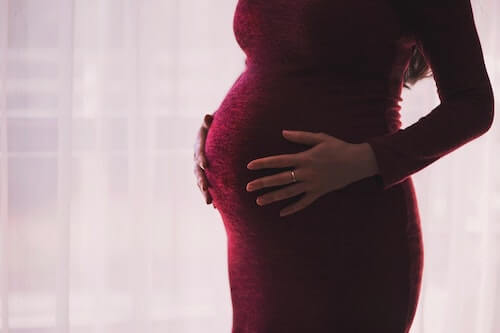Blog

Uncommon for COVID-19 transmission during pregnancy: From mother to baby, study finds
Many early reports in the literature on COVID-19 in pregnancy suggested for caesarean in order to reduce the risk of transmission of COVID-19 from mother to baby, but there was very little evidence to support these guidelines.
According to the article published in BJOG: An International Journal of Obstetrics and Gynaecology. Transmission of COVID-19 from mother to baby during pregnancy is uncommon, and the rate of infection is no greater when the baby is born vaginally, breastfed or allowed contact with the mother, according to a new study. The study also found that babies that did test positive for COVID-19, were mostly asymptomatic.
The study included 666 newborn babies, and 655 women (as some women delivered twins). According to the researchers, 292 of the women have delivered their babies vaginally, in which only eight (2.7 per cent) had a baby that tested positive for Covid-19. Of the 364 women who had a caesarean, 20 (5.3%) of those had a baby which tested positive for COVID-19.
These findings show that neonatal Covid-19 infection is uncommon as said by the researchers, and also commonly asymptomatic in those babies who are affected.
The data also showed that the infection rates to be no higher when the baby was born vaginally, breast fed, or allowed contact with the mother immediately after birth.
The systematic review was an international effort carried out by Dr Kate Walker, Clinical Associate Professor in Obstetrics, and Jim Thornton, Professor of Obstetrics and Gynaecology, from the University of Nottingham, as well as experts at Dalhousie University, Canada and Monash University, Clayton, Australia, and University College Cork, Cork University Maternity Hospital, Ireland.
“There has been a lot of concern around whether pregnant women should be concerned for the health of their babies if they contract Covid-19,” said Kate Walker, study co-author
Source: Sciencedaily

